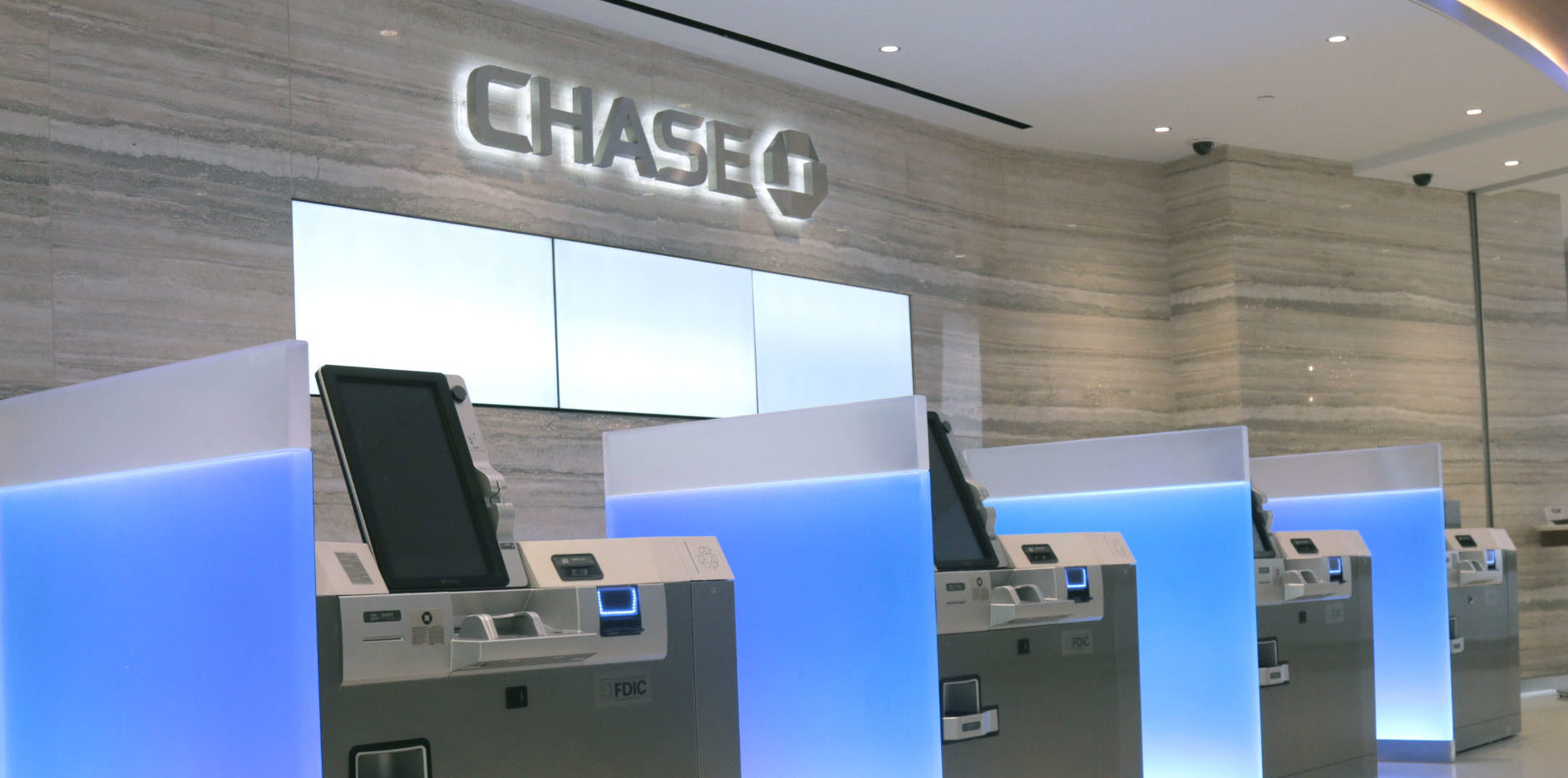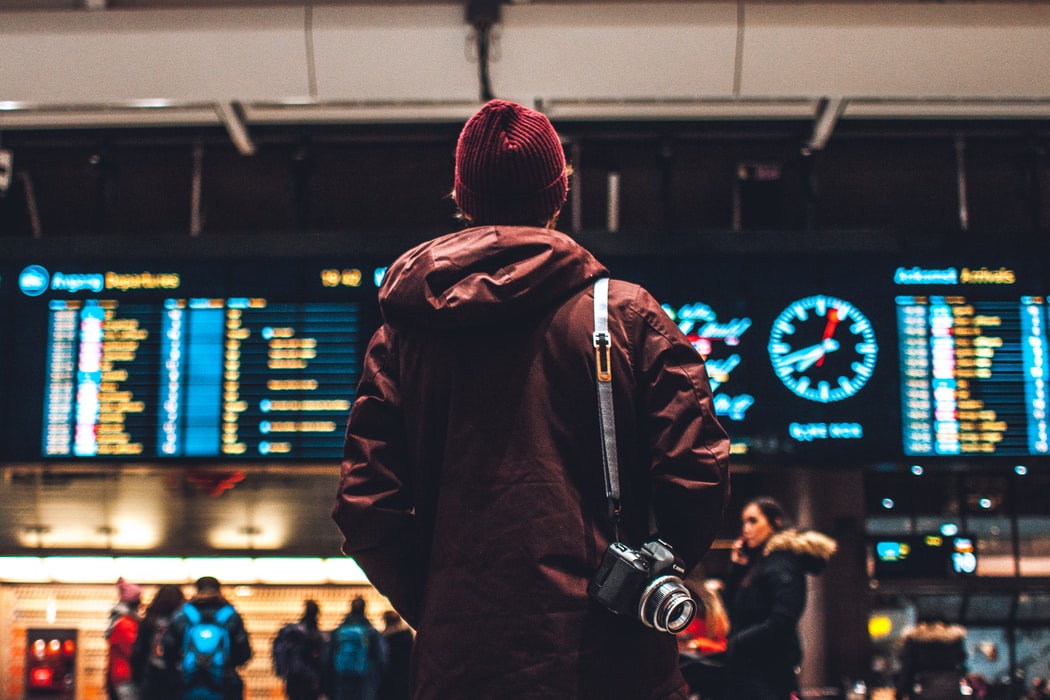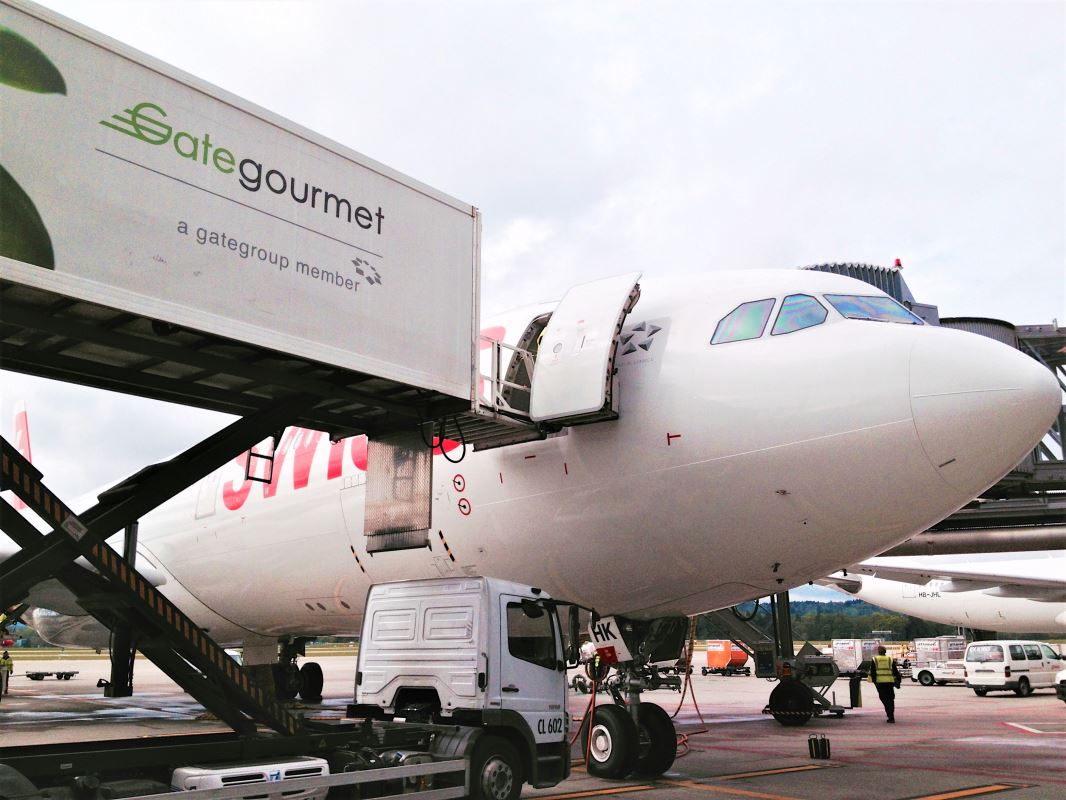What a year this has already been. The world seems to have truly turned upside down. The travel industry has faced multiple gut punches, thanks to social distancing being the norm. Lockdowns in many countries around the world have meant that public movement has come to a temporary standstill. Just like me, I’m sure there are plenty of frequent travelers who are shocked if not worried about the state of the travel industry and the economy. Not too long ago, we were constantly on the road. Now, many have been asking the question as to when travel could come back to normal. In an ideal world, I’d love to simply flip a switch and see the world return to normalcy. Unfortunately, it doesn’t seem like it’s happening any time soon.
Defining Normal Travel
The travel industry has been swift in introducing new measures to assure passengers that it’s safer to travel. The key selling point here has been to convince consumers about their personal safety while traveling during a global pandemic.
Also, we’ve seen several publications publish TSA data to show how numbers could be rebounding depending on how many people crossed TSA checkpoints. However, how does one define normalcy here? For the industry, it could a return to capacity or revenue levels.
The IATA, which represents the airline industry has also revised its estimates. A few weeks back, they were confident that travel would return to normal by 2021, only to revise the same estimate later to 2023.
In its true style, the Onion posted a really funny take about the situation.
City Enters Phase 4 Of Pretending Coronavirus Over https://t.co/A5ZJbWnQP2 pic.twitter.com/GUrredUKxL
— The Onion (@TheOnion) June 15, 2020
How do we as frequent travelers define a return to normalcy? On a personal note, I’d define a return to normal levels when I could travel the same way I used to before Covid-19. For example, I may find more award space or cheaper fares in the short term. However, will I be able to get to a particular destination without any hassle? Will there be quarantine or testing requirements? Do I have the risk of getting infected while in transit and then possibly putting family at risk?

Why am I asking these questions? This is primarily to point out that the experience of travel isn’t the same any more and for good reason. In conclusion, travel numbers could well rebound, but the experience isn’t likely to be the same, at least for a year.
Crunching the Data
In addition to passenger numbers, I’ve been looking at other data points while trying to project a return to normalcy. In many countries, we’re seeing a second wave of increased cases of Covid-19. This is only bound to postpone reopening plans even further. Also, recent moves by many countries also indicate that many are still figuring it out as case numbers rebound. This is indicated by countries first announcing that they’ll reopen, only to scale it back later.
As of June 16, more than 2.1 million #COVID19 cases have been reported in the U.S., with 37 states and jurisdictions reporting more than 10,000 cases. See how many cases have been reported in your state: https://t.co/wiuFBKR3Uh. pic.twitter.com/jeB60wmCxl
— CDC (@CDCgov) June 17, 2020
Looking at the exploding #COVID19 numbers in the US right now, I think it’s safe to say travel between Europe and America certainly won’t be possible this summer and probably not this year.
— Dave Keating (@DaveKeating) June 11, 2020
- Skift reports some grim data from the US travel association as they predict travel spend to drop to record lows. As per their data, travel spend will drop from 1.12 trillion in 2019 to $622 billion by the end of 2020
- Similarly, Executive Traveler opines that as per their research, a full return to normalcy will only happen two years after the pandemic is completely under control
- The IATA represents the airline industry. As cited earlier, they’ve now changed their estimates. After pointing out initially that we’d see a recovery by 2021, they’re now projecting a return to normal only in 2023. The IATA also esitmates that the travel industry will lose up to $39 Billion in the second quarter this year. You can read IATA’s own projections here
- A few countries are scaling back their reopening plans already. Not too long ago, Australia and New Zealand were talking about resuming travel between the two countries. Australia just announced this week that its borders will not reopen for international travel until 2021. Canada recently did the same when it postponed the date for reopening the US-Canada border
- Cambodia has imposed the requirement of a $3,000 deposit and $50,000 worth of travel insurance cover if tourists want to travel to Cambodia. Many countries around the world already have similar restrictions in place, that require testing and quarantine periods
Recovery in Phases
I see this recovery happening in three stages:
- Public Health recovery: Case numbers around the world start falling. Most major populations around the world have the virus under control.
- Economic Recovery: Businesses reopen fully and normal activity resumes. Unemployment rates tank gradually and people have more money in their pockets to spend.
- Travel Industry Recovery: Given the promising public health and economic data, governments around the world deem it safe to fully reopen normal economic activity. Restrictions on movement are completely lifted.
Given the way things stand today, stage three seems like many months away, if not years.
BREAKING: The World Health Organization has reported the largest single-day increase in virus infections by its count, at more than 183,000 new cases in the last 24 hours. Brazil had the highest spike with 54,771 cases, with the U.S. next at 36,617. https://t.co/kHWI080sAZ
— The Associated Press (@AP) June 21, 2020
The Pundit’s Mantra
The level of corporate travel is often an indicator of where things stand in terms of recovery. We’ve already seen major tech companies announce that their employees can continue working from home till the end of the year. I got into the miles and points game due to my corporate travel. Just like many other corporate travelers, I’m also under no obligation to resume corporate travel until 2021. This advisory seems to be pretty standard across the board in many industries.
I wish the news was better. However, the current state of economic affairs and public health, coupled with a resurgence of case numbers, tell a totally different story. On a personal front, I don’t mind waiting it out longer before resuming travel in full swing. In my case, the travel experience matters as much as the mere act of traveling. Miles and points aren’t going anywhere. I’d rather wait longer for a safer and more enjoyable travel experience instead of rushing into it. In the interim, we can always do road trips and other short stays to keep the adrenaline flowing.
But, your decision making process could be different. How do you plan to chart your future travel plans? Tell us in the comments section.
___________________________________________________________________________________________________________________
This travel card is currently offering a lucrative 60,000 points welcome bonus, for just a $95 annual fee!
___________________________________________________________________________________________________________________
Never miss out on the best miles/points deals. Like us on Facebook, follow us on Instagram and Twitter to keep getting the latest content!












It will be some time before travel returns to 75%+ of pre covid levels. I manage travel and tradeshows for an SMB in the B2B space. I can tell you very few of our clients will allow our sales team to visit them in person. Most of our sales team are very hesitant on traveling. So neither the client nor our own team wants to travel. Even executive management doesn’t want the company traveling out of liability concerns. Nothing will EVER replace a face to face but zoom and google meets have done a tremendous job bridging that compromise and it’s good enough for now and the foreseeable future.
I talk to colleagues at companies smaller and much bigger than ours and it’s the same thread. So until you get companies up in the air again at a robust clip, travel will be suppressed. Yet same time, I can’t wait to drink an overpriced Heineken again in a 4 star hotel lobby bar.
Hi Rick,
Thanks a lot for your comment, these are great insights.
This has to be the darkest days of being a human on the Internet.
The level of misinformation, fear mongering, and hysteria is palpable.
It permeates every corner of the Internet (and I don’t even have social media!)
When people say things like ‘cases are EXPLODING’ – I immediately go somewhere else for news.
That hysteria is just, not good for anyone.
Everyone wants to make their money by sensationalizing everything:
Still flying every week, have been since… January.
Going to Europe in July.
All the countries that keep changing their rules, it’s awfully annoying.
But, I’m going and will spend 3 months goofing off, so, whatever.
—
The good news is, the data is in, and Covid-19 is not very deadly.
CDC showing an IFR of .26-.34%, so, just 2-3x the flu
That’s really good news. And it means ‘cases growing’ doesn’t actually mean much.
I think because the science / data have come now, governments won’t panic again.
We know it’s not a super deadly virus, and we know how to treat it. So, the sooner the media stops trying to spread panic and make money off this, the better. The sooner we can all go back to using data and facts, then I think the world will be a much better place.
Hi George,
Thanks for your comment. Even if one were to assume that the media is spreading hysteria, the industry estimates point in the same direction. The IATA or the US Travel Association, who have skin in the game, are forecasting a grim outlook. Unemployment rates are high, people are spending less. So even if the virus isn’t as deadly as estimated, it will take many months for travel to normalize, That is evident in the data where consumer spend on travel is set to drop from 1.12T in 2019 to 600B in 2020.
Safe travels!